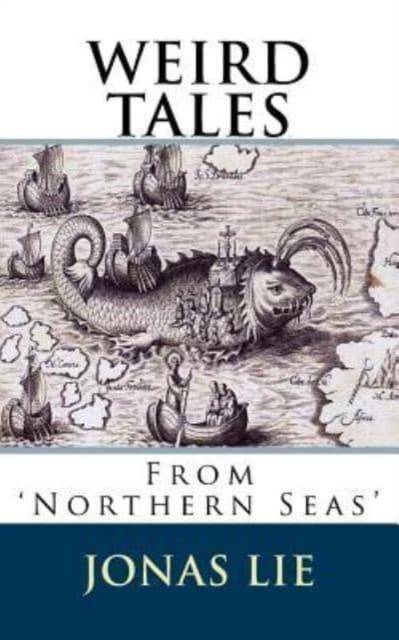
- Afhalen na 1 uur in een winkel met voorraad
- Gratis thuislevering in België vanaf € 30
- Ruim aanbod met 7 miljoen producten
- Afhalen na 1 uur in een winkel met voorraad
- Gratis thuislevering in België vanaf € 30
- Ruim aanbod met 7 miljoen producten
Zoeken
€ 17,45
+ 34 punten
Uitvoering
Omschrijving
Jonas Lie is sufficiently famous to need but a very few words of introduction. Ever since 1870, when he made his reputation by his first novel, "Den Fremsynte," he has been a prime favourite with the Scandinavian public, and of late years his principal romances have gone the round of Europe. He has written novels of all kinds, but he excels when he describes the wild seas of Northern Norway, and the stern and hardy race of sail-ors and fishers who seek their fortunes, and so often find their graves, on those dangerous waters. Such tales, for instance, as "Tremasteren Fremtid," "Lodsen og hans Hustru," "Gaa Paa!" and "Den Fremsynte" are unique of their kind, and give far truer pictures of Norwegian life and character in the rough than anything that can be found elsewhere in the literature. Indeed, Lie's skippers and mates are as superior to Kjelland's, for instance, as the peasants of Jens Tvedt (a writer, by the way, still unknown beyond his native land) are superior to the much-vaunted peasants of Björnstjerne Björnson.But it is when Lie tells us some of the wild legends of his native province, Nordland, some of the grim tales on which he himself was brought up, so to speak, that he is perhaps most vivid and enthralling. The folk-lore of those lonely sub-arctic tracts is in keeping with the savagery of nature. We rarely, if ever, hear of friendly elves or companionable gnomes there. The supernatural beings that haunt those shores and seas are, for the most part, malignant and malefic. They seem to hate man. They love to mock his toils, and sport with his despair. In his very first romance, "Den Fremsynte," Lie relates two of these weird tales (Nos. 1 and 3 of the present selection). Another tale, in which many of the superstitious beliefs and wild imaginings of the Nordland fishermen are skilfully grouped together to form the background of a charming love-story, entitled "Finn Blood," I have borrowed from the volume of "Fortællinger og Skildringer," published in 1872. The re-maining eight stories are selected from the book "Trold," which was the event of the Christmas publishing season at Christiania in 1891. Last Christmas a second series of "Trold" came out, but it is distinctly inferior to the former one.TALES: THE FISHERMAN AND THE DRAUGJACK OF SJOHOLM AND THE GAN-FINNTUG OF WAR."THE EARTH DRAWS"THE CORMORANTS OF ANDVAERISAAC AND THE PARSON OF BRONOTHE WIND-GNOMETHE HULDREFISHFINN BLOODTHE HOMESTEAD WESTWARD IN THE BLUE MOUNTAINS"IT'S ME."
Specificaties
Betrokkenen
- Auteur(s):
- Illustrator(s):
- Vertaler(s):
- Uitgeverij:
Inhoud
- Aantal bladzijden:
- 188
- Taal:
- Engels
Eigenschappen
- Productcode (EAN):
- 9781507786345
- Verschijningsdatum:
- 30/01/2015
- Uitvoering:
- Paperback
- Formaat:
- Trade paperback (VS)
- Afmetingen:
- 127 mm x 203 mm
- Gewicht:
- 210 g

Alleen bij Standaard Boekhandel
+ 34 punten op je klantenkaart van Standaard Boekhandel
Beoordelingen
We publiceren alleen reviews die voldoen aan de voorwaarden voor reviews. Bekijk onze voorwaarden voor reviews.











